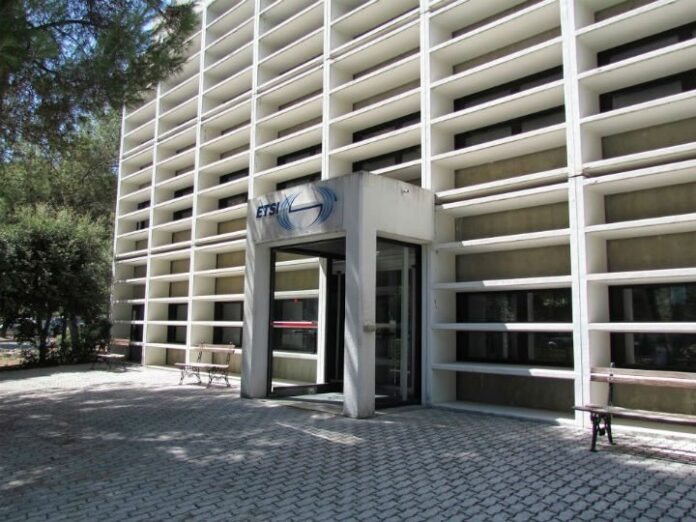ETSI claims Release 0 from its Open Source MANO initiative unveiled one month ahead of schedule, with Release 1 expected within six months
The European Telecommunications Standards Institute’s Open Source MANO initiative rolled out its Release 0 code package, which it claims integrates seed code supplied by Telefónica, Rift.io, Cononical and other vendors. The release is said to have been accomplished one month ahead of schedule.
ETSI in April said the OSM group had laid out a roadmap for work this year on management and orchestration efforts, including a leadership structure and plans to roll out an initial specification release. Those plans called for Release 0 to be unleashed within two months.
The organization said the initiative is closely aligned with the evolution of ETSI NFV and it plans to provide a “regularly updated reference implementation of NFV MANO.”
“Service providers are encouraged by the collaborative and pragmatic approach which has enabled OSM to deliver very rapid results,” said Andy Reid, ETSI OSM vice chair and chair of the OSM end-user advisory group. “We now need to build on what has been achieved and ensure OSM remains responsive to service providers’ needs.”
In February, ETSI began work on using open source software for MANO of network functions virtualization in connection with its NFV industry specification group. The ETSI OSM was tasked with delivering an open source MANO stack using “accepted open source tools and working procedures.” ETSI said the use of open source software in its MANO efforts will “provide practical and essential feedback to the ETSI NFV ISG and increase the likelihood of interoperability among NFV implementations.”
ETSI tackled some MANO challenges last year as part of a release of three specifications focused on security and reliability. ETSI said the security aspect tackles OpenStack modules that provide security services, including authentication, authorization, confidentiality protection, integrity protection and logging, which is said help in the area of MANO.
Moving forward, ETSI said it expects Release 1 to be unveiled within six months and is to include plans to extend current multivirtualized infrastructure manager and multisite support; and include additions to service modeling and enhanced platform aware resource allocation.
Bored? Why not follow me on Twitter

